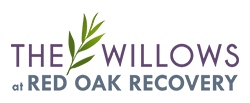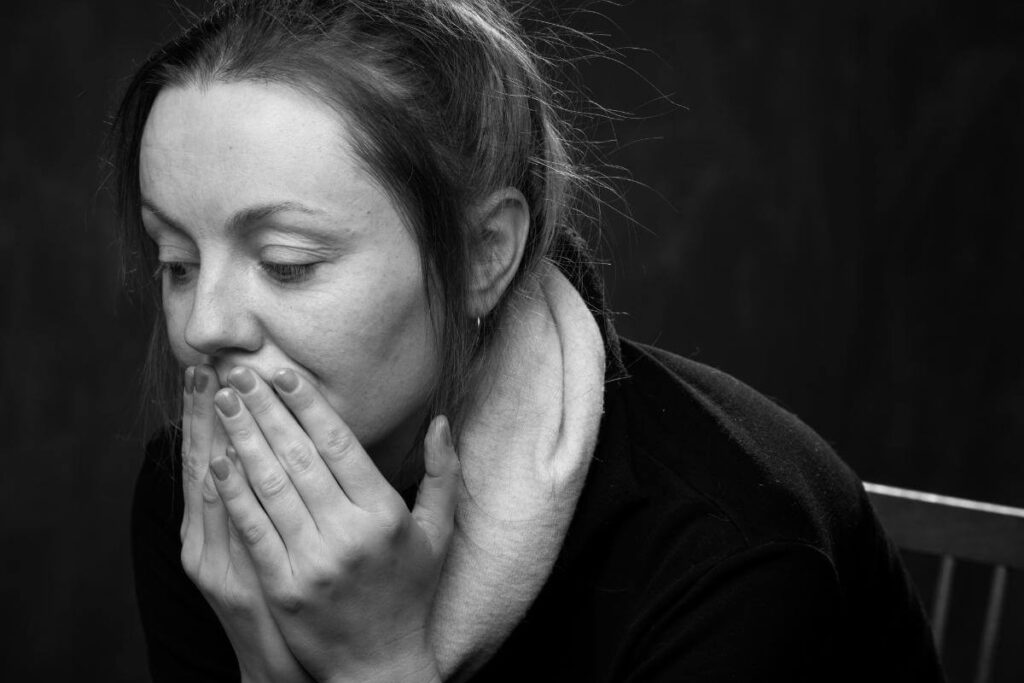The opioid epidemic is sadly no stranger to the American household. Almost anyone you meet either has a direct connection to a family member or knows someone personally who has faced tragedy due to heroin, opiates, fentanyl, and related substances. If you or someone you love is struggling with a heroin addiction or related substance abuse disorder, we encourage you to reach out to The Willows at Red Oak Recovery® at 855.773.0614. You can speak with one of our professionals who can assist you in discussing treatment options. Our heroin addiction treatment program offers a range of services that can help clients overcome their substance abuse disorder and learn pathways toward a positive and healthy lifestyle.
Symptoms of Heroin Overdose
There are many potential signs of a heroin overdose. Some symptoms may include:
- Disorientation
- Confusion
- Hallucinations
- Weakness in extremities
- Lips and fingernails turning a bluish color
- Shallow breathing
- Gurgling sounds, which indicates a person’s airway may be blocked
- Unresponsiveness
- Weak pulse
If you see these signs, it is vital to contact emergency medical services immediately.
Risk Factors that Increase the Chances of Overdose
Many factors can increase the chances of an overdose. These include increasing the amount of a substance that is used and mixing substances.
Other factors can include:
- Injecting heroin, as intravenous use of drugs is typically the riskiest method
- Mixing heroin with alcohol or prescription drugs
- Prolonged use of heroin or other opiates
- Physical health issues
- Mental health issues
- Recent relapse, or return to use, which can mean a person’s tolerance may have lessened by an unknown amount or the strength or dosage may be more potent than a person’s body can handle
- Using heroin or other drugs while alone
What To Do During An Overdose
First, call 911. If a person is at all responsive, try to get them to remain engaged. In addition, if they are non-responsive, turn them on their side so if they vomit, they do not choke, which could cause suffocation.
If it appears a person is not breathing, perform CPR. Modern CPR methods suggest the best method is to focus on chest compressions exclusively. Use both hands to press firmly on a person’s chest at the rate of 100 to 120 compressions a minute. The New York Presbyterian Hospital has created a playlist of songs to help you keep up the pace of compressions. Continue chest compressions until a person shows vital signs or emergency services arrive to take control of the situation.
Safety Precautions and Emergency Intervention
If you or someone you care about is struggling with opioid addictions, you may want to consider acquiring Narcan (naloxone) to keep on hand in case of emergency. Naloxone is the generic form of this medication, often available under the brand name Narcan. This medication can counter the effects of opioids. If a person is overdosing on heroin or opiates, administering naloxone can save their life.
It’s essential to keep in mind that naloxone is a temporary fix. It clears a person’s system of opioids and allows their breathing to return to a more regulated state. This medication leaves the body in a state of extreme acute withdrawal and will cause a person to have intense cravings. Furthermore, a person can still overdose again once the first dose of naloxone has been administered.
When administering the spray form of naloxone, spray once in each nostril of the person who is overdosing. Then, rub the person’s chest to promote breathing and blood flow throughout their body. In the meantime, contact emergency services and have an EMT check an overdosed person’s vital signs. They may require additional emergency care. When contacting emergency personnel, ask them to make sure they bring more doses of naloxone.
Reach Out to The Willows at Red Oak Recovery® about Recovery Options
Overdosing is one of the biggest fears faced by the friends and family of someone battling addiction. The early intervention significantly increases a person’s chances of recovery and successfully returning to a sober lifestyle. Keeping that in mind, please know that recovery is always possible. If you or someone you care about is struggling with addiction, reach out to The Willows at Red Oak Recovery® at 855.773.0614 to discuss treatment options that will fit your specific needs.




